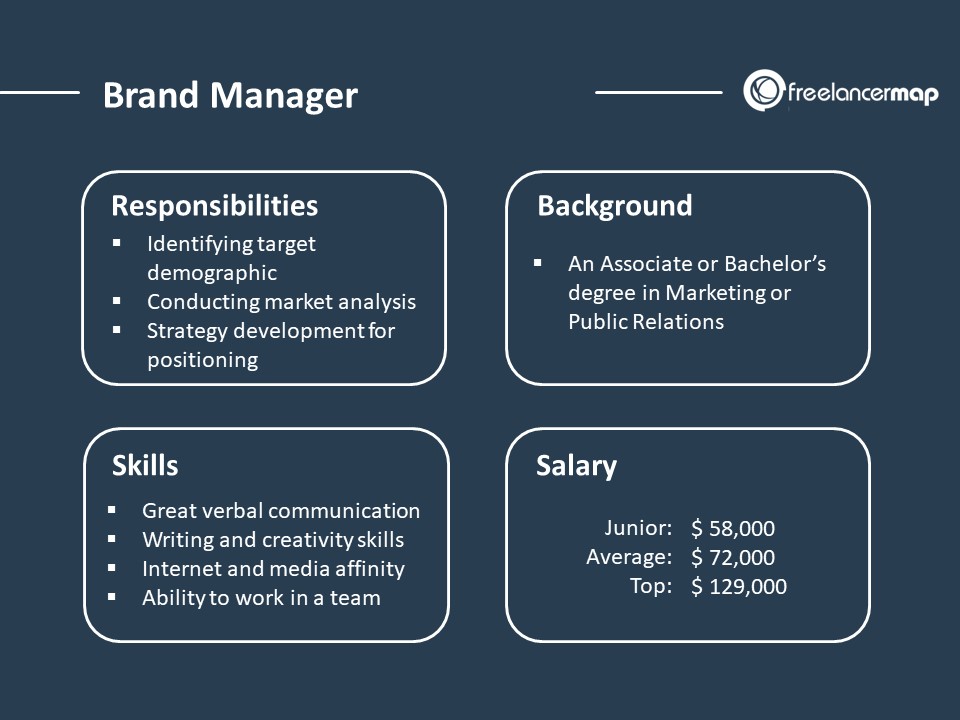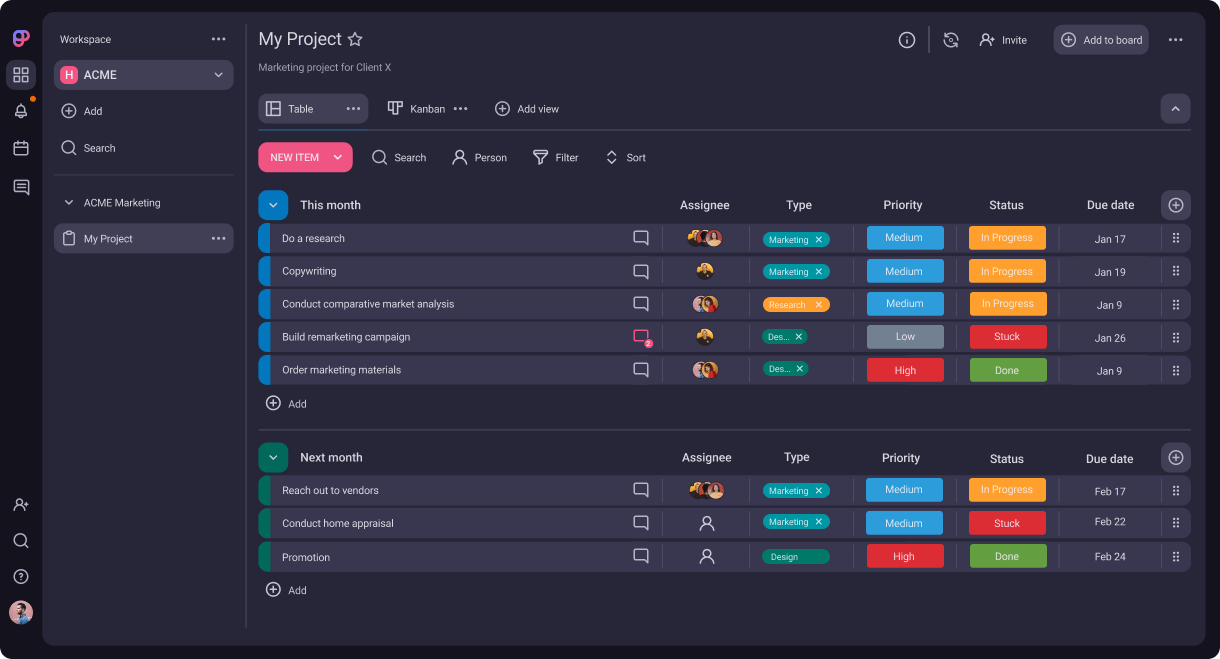
The Compensation and Benefits manager oversees subordinate staff and ensures project milestones and departmental budgets are met. They also have full authority to take personnel actions. The average compensation and benefits supervisor has at least five year experience. They also have one to three years of supervision experience. They must also have an extensive understanding of departmental processes.
Duties
The compensation and benefits manager is responsible for overseeing all aspects of an organization’s benefits and compensation program. Your job entails analyzing data, identifying trends and monitoring employee benefit packages. They also consult with HR staff, managers, and department heads. It is important for benefits and compensation managers to be informed about the changing regulations regarding employee benefits. They must ensure that employee benefits packages comply with all statutory requirements as well as tax obligations.
A compensation and benefits manager's primary responsibility is to implement employee benefits programs that are competitive and cost-efficient. They need to be able make decisions and evaluate programs. The HR department also needs compensation and benefits managers to support recruitment and hiring efforts and create employee wellness programmes. They also manage department budgets.

Salary
The median salary for a compensation and benefits manager is $122,270 per year. The median salary for this role is determined by several factors including education, years experience, and certification. The highest paid compensation and benefits managers earn over $220,000 Although most compensation and benefit managers work full-time during peak hours, some do overtime or work extra hours. According to the Bureau of Labor Statistics, employment of compensation and benefits managers will increase 3 percent between 2018 and 2028.
They oversee employee benefits, including salary structures and compensation. They research and establish company policies. They ensure that employees are paid competitive wages and receive benefits. Compensation and benefits managers also prepare annual and quarterly reviews of employee wage budgets. In addition, compensation and benefits managers supervise other compensation specialists and monitor them for accuracy. Other responsibilities include coordinating employee benefits information and monitoring payroll distribution.
Education required
For a job as a compensation manager, the education requirements include a bachelor's in business administration or closely related fields, along with at least five years of work experience. Employers will prefer candidates with a master’s in business administration. Employer benefits and compensation plans are managed by compensation managers.
This career requires strong interpersonal skills as well as the ability to work under stress. They should possess an excellent mix of technical skills and human resources knowledge. Generally, compensation and benefits managers work full-time, working forty or more hours per week. Sometimes, they might work overtime to meet deadlines. While compensation and benefit managers are skilled in many areas, they still need to have extensive leadership and management skills. They must also be able to understand human psychology.

Job outlook
A wide variety of responsibilities are required for compensation and benefits managers. These people must be able analyse data and provide recommendations to senior managers. They must be able to communicate well and demonstrate a high degree discretion and ethics. These professionals must also have a thorough understanding of the laws and regulations governing compensation and benefits.
Typically, compensation and benefits managers need a bachelor's degree in business administration, human resources, or another related field. There are also online programs. Additional to a traditional degree, compensation managers and benefits mangers can also get useful work experience.
FAQ
How does a manager motivate his/her employees?
Motivation refers to the desire to perform well.
Engaging in something fun can be a great way to get motivated.
Or you can get motivated by seeing yourself making a contribution to the success of the organization.
You might find it more rewarding to treat patients than to study medical books if you plan to become a doctor.
A different type of motivation comes directly from the inside.
For example, you might have a strong sense of responsibility to help others.
You may even find it enjoyable to work hard.
If you feel unmotivated, ask yourself why.
Next, think of ways you can improve your motivation.
Six Sigma is so well-known.
Six Sigma is easy and can deliver significant results. Six Sigma also gives companies a framework for measuring improvement and helps them focus on what is most important.
What is Kaizen?
Kaizen is a Japanese term which means "continuous improvement." This philosophy encourages employees to continually look for ways to improve the work environment.
Kaizen is founded on the belief of everyone being able to do their job well.
What are the main four functions of management
Management is responsible for organizing, managing, directing and controlling people, resources, and other activities. This includes setting goals, developing policies and procedures, and creating procedures.
Management helps an organization achieve its objectives by providing direction, coordination, control, leadership, motivation, supervision, training, and evaluation.
Management's four main functions are:
Planning - Planning involves determining what needs to be done.
Organizing is the act of deciding how things should go.
Directing - Directing is when you get people to do what you ask.
Controlling - Controlling means ensuring that people carry out tasks according to plan.
How does a manager learn to manage?
Good management skills are essential for success.
Managers must monitor the performance of subordinates constantly.
It is important to take immediate action if your subordinate doesn't perform as expected.
You should be able to identify what needs improvement and how to improve things.
What is the role of a manager in a company?
Different industries have different roles for managers.
In general, a manager controls the day-to-day operations of a company.
He/she is responsible for ensuring that the company meets all its financial obligations and produces the goods or services customers want.
He/she makes sure that employees adhere to the rules and regulations as well as quality standards.
He/she plans and oversees marketing campaigns.
Which kind of people use Six Sigma
Six-sigma will be well-known to anyone who has worked in operations research or statistics. Anybody involved in any aspect or business can benefit.
It requires high levels of commitment and leadership skills to be successful.
Statistics
- UpCounsel accepts only the top 5 percent of lawyers on its site. (upcounsel.com)
- This field is expected to grow about 7% by 2028, a bit faster than the national average for job growth. (wgu.edu)
- As of 2020, personal bankers or tellers make an average of $32,620 per year, according to the BLS. (wgu.edu)
- The BLS says that financial services jobs like banking are expected to grow 4% by 2030, about as fast as the national average. (wgu.edu)
- Our program is 100% engineered for your success. (online.uc.edu)
External Links
How To
What are the 5S for the workplace?
The first step to making your workplace more efficient is to organize everything properly. A clean desk, a neat room, and a well-organized space are all key factors in ensuring everyone is productive. The five S's, Sort, Shine. Sweep. Separate. and Store, work together to make sure that every inch of space can be used efficiently and effectively. This session will go over each of these steps and show how they can be used in any setting.
-
Sort. Get rid of clutter and papers so you don't have to waste time looking for the right item. You need to put your things where you use them the most. You should keep it close to the area where you research or look up information. You need to think about whether or not you really have to keep it around.
-
Shine. Do not keep anything that could possibly cause damage or injury to others. For example, if you have a lot of pens lying around, find a way to store them safely. A pen holder might be a good investment, as it will prevent you from losing pens.
-
Sweep. Regularly clean surfaces to keep dirt from building up on furniture and other household items. A dusting machine is a great investment to keep your surfaces clean. To keep your workspace tidy, you could even designate a particular area for dusting and cleaning.
-
Separate. It will help you save time and make it easier to dispose of your trash. Trash cans are usually placed strategically throughout the office so that you can easily throw out the garbage without searching for it. Make sure that you take advantage of this location by placing trash bags next to each bin so that you don't have to dig through piles of trash to find what you need.